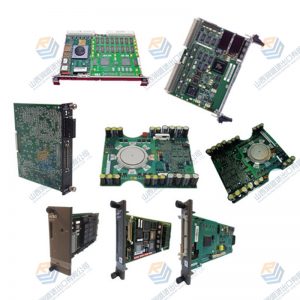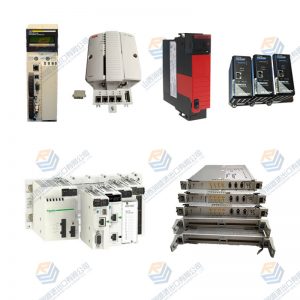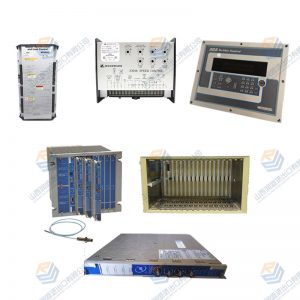Programmable Logic Controller(PLC)and Distributed Control System(DCS)are the two most widely used control technologies in the field of industrial control.They each have obvious advantages and disadvantages.For example,PLC is dominant in high-speed sequential control.The DCS has an advantage in complex process control;PLC is small in size,flexible in use,and relatively low in price,but it is not as good as DCS in terms of communication functions and management capabilities.Although DCS has strong communication and management capabilities,it is large in size and relatively expensive.In this case,the user expects a control system that integrates the advantages of PLC and DCS.This hybrid control system(hereinafter referred to as HCS)should not only perfectly realize logic and sequence control,but also very Complete process control well,at the same time,it should also have management functions,and it is small in size,low in price and high in reliability
可编程序控制器(PLC)及集散控制系统(DCS)是目前工业控制领域最广泛使用的两种控制技术,它们各自具有明显的优势及劣势,如PLC在高速的顺序控制中占主导地位,而DCS则在复杂的过程控制中占优势;PLC体积小,使用灵活,价格相对较低,但在通讯功能及管理能力方面不及DCS,DCS虽然通讯及管理能力较强,但体积大,价格相对较高.在这种情况下,用户期望得到一种集PLC与DCS优点于一体的控制系统,这种混合式控制系统(以下简称HCS)应既能完美地实现逻辑及顺序控制,又能很好地完成过程控制,同时还应具有管理功能,且体积小,价格较低,可靠性高
HP/Agilent 70340-69044 Supply Assembly
HP/Agilent 5086-7488 Test Port Coupler
HP/Agilent 70904A RF Section, 100 Hz to 2.9 GHz
HP/Agilent 5086-7517 dual directional bridge coupler
HP/Agilent 08647-60213 FREQ EXT ASSY
HP/Agilent 70903A IF Section, 100 kHz to 3 MHz






